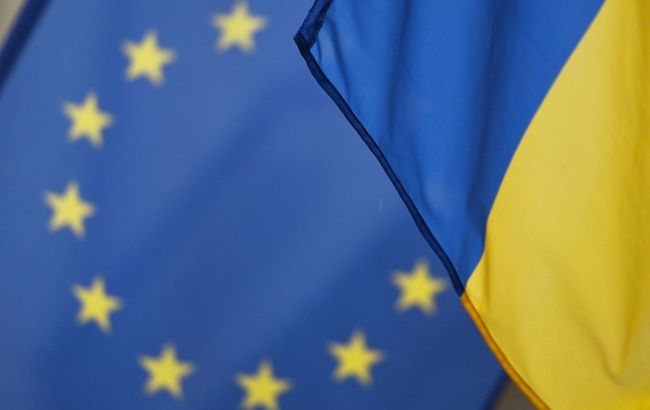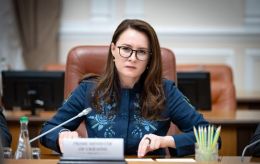Brussels audits EU states' military aid to Ukraine at Scholz request
 The EU is auditing military aid to Ukraine (Getty Images)
The EU is auditing military aid to Ukraine (Getty Images)
Brussels is conducting an audit of how many weapons EU member states provided to Ukraine after Russia's full-scale invasion. The audit will take place after claims that some countries did not send as many weapons as they could have, according to the Financial Times.
The EU's diplomatic service, the External Action Service (EEAS), is conducting a review of member states' arms supplies in the wake of a full-scale Russian invasion, three EU diplomats briefed on the plans told the FT. The EEAS intends to present its findings to capitals before the February 1 summit of EU leaders.
According to one of the diplomats, the audit will be based on materials submitted by member states in response to EEAS requests, which have already met with resistance from some countries that are unwilling to provide full data.
The decision to conduct the inspection was made after German Chancellor Olaf Scholz demanded last week that military supplies to Kyiv be calculated and compared. According to him, the arms deliveries to Ukraine currently planned by most EU member states are too small.
He said that they also needed an overview of what concrete contributions European countries will make to support Ukraine this year.
His comments echoed private remarks made by other EU officials about the scale of military supplies promised by other member states.
Countries' contribution to help Ukraine
According to a study by the Kiel Institute for the World Economy, Germany has made the largest EU arms pledge in terms of value. Its commitments, amounting to more than €17 billion by October 31 last year, are about five times the value of Denmark's commitments, the next largest donor.
Although Scholz's remarks were interpreted as a rebuke to other major EU powers, such as France and Italy, whose military commitments are much smaller, his public call for more transparency was privately supported by senior officials in Brussels who believe that some states could provide Kyiv with more weapons at a critical point in the conflict.
Some EU countries other than Germany, especially in the east of the bloc, are also pushing for an expansion of the European Peace Facility (EPF), a joint fund that partially finances arms shipments to Ukraine, to increase supplies and share the burden of costs.
The EPF, which finances defense projects in third countries, has not been supported since June 2023, and the bloc's 27 member states have been unable to agree on setting aside a portion of the €5 billion a year for Ukraine.
A senior EU diplomat says that it is important to make sure that the EPF is back on track and that they can use it again for further tranches of support to Ukraine. He adds that without the EPF some member states will not provide any military support.
A critical moment
As the FT notes, Western military and financial aid to Ukraine has declined in recent months, limiting Kyiv's ability to defend itself against Russian attacks and launch counteroffensives and raising fears that willingness to help Ukraine is waning after nearly two years of war.
The audit comes at a time when Brussels and Washington are struggling to find a political consensus that would allow them to allocate new financial aid packages to Kyiv totaling about $110 billion.
Cross-party divisions in the U.S. Congress have prevented the adoption of a $60 billion-plus funding package for Ukraine proposed by President Joe Biden. The money is needed to continue U.S. military supplies to Kyiv.

